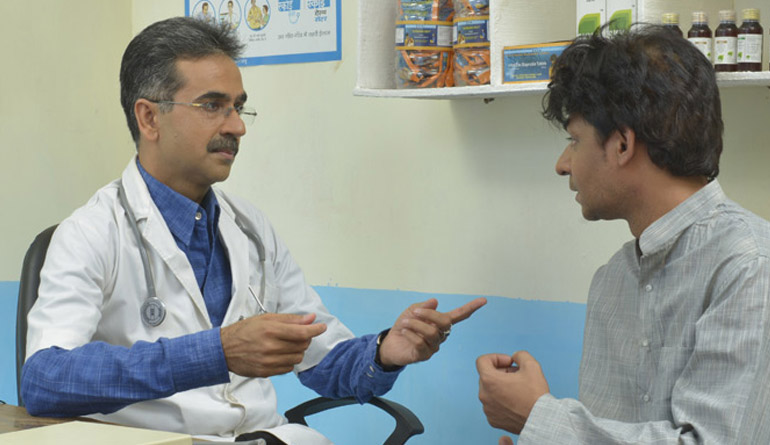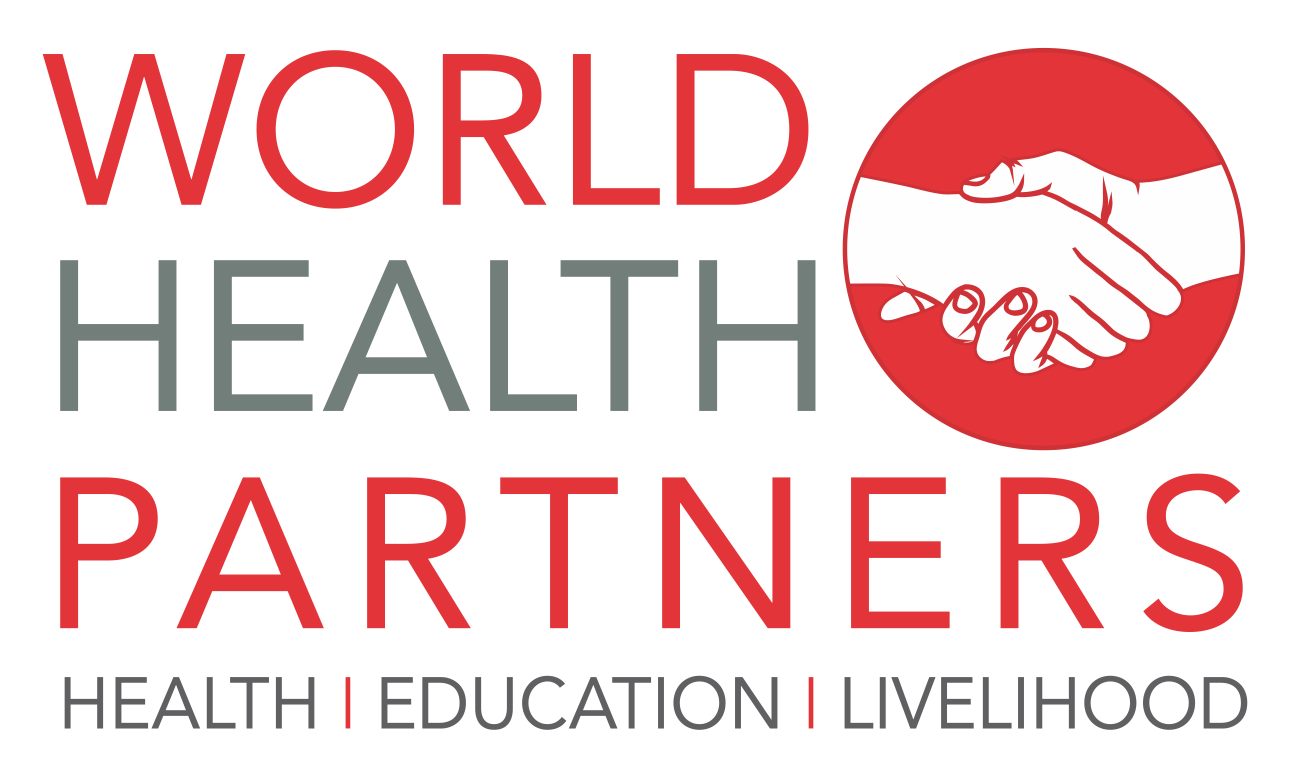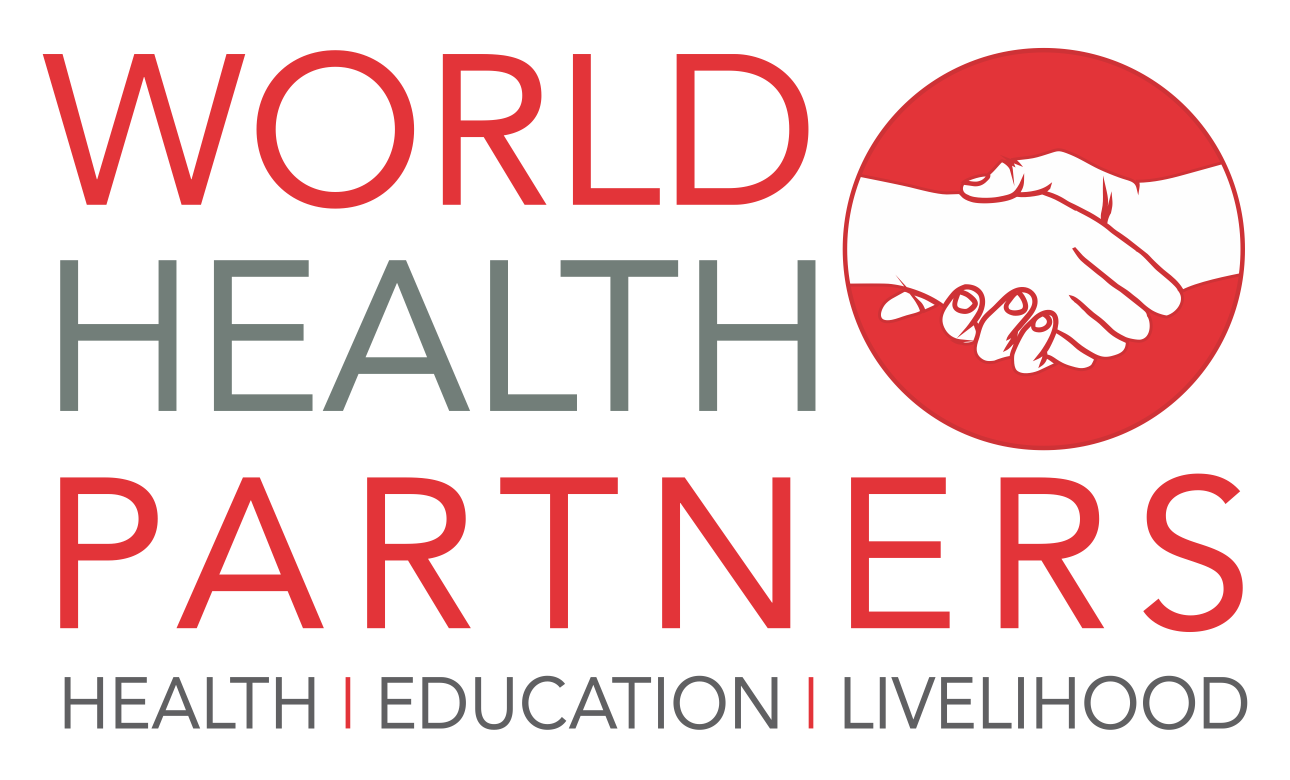GOVERNMENT-FUNDED
TB PROJECT CREATES A NEW MODEL FOR SCALE AND SUSTAINABILITY

The Patient Provider Support Agency (PPSA) project represents a major milestone in World Health Partners (WHP)’ ongoing effort to strengthen TB prevention and treatment systems through sustainable, government-led models. Implemented under a publicly funded innovation, the PPSA focuses on delivering large-scale TB interventions with deep government ownership and institutional support, demonstrating how partnerships can drive long-term impact in public health.
The PPSA model evolved from WHP’s earlier Public Private Interface Agency (PPIA) project, implemented in Patna, Bihar, with support from the Gates Foundation. The PPIA initiative showed how integrating diverse healthcare stakeholders through a digital coordination platform could significantly improve case detection, treatment outcomes, and efficiency. Its success in Patna, which covered a population of 6.5 million, led the Government of India to replicate the model across more than 50 locations nationwide, laying the groundwork for the PPSA scale-up.
It embodies WHP’s long-standing conviction that a project should continue until the health challenge it addresses is resolved, not merely until external funding ends. To make such continuity possible, WHP has consistently promoted government engagement from the earliest stages of any demonstration project. This ensures institutional ownership, smoother transition to sustainability, and continued resource allocation long after donor funding concludes.
By strengthening field processes and fostering an enabling environment for patient-centered care, the PPSA model has become a powerful example of how public–private collaboration can transform India’s TB response and advance the goal of ending TB through sustainable, system-driven solutions.
Bihar:
The Bihar PPSA project, launched in June 2020 with state government funding, represents a significant step toward strengthening the state’s TB response through sustainable, system-driven approaches. Phase-I of this three-year initiative covered a population of 25.2 million across eight districts: Bhagalpur, Bhojpur, Gaya, Katihar, Munger, Nalanda, Patna, and Saharsa and successfully reached 1,28,436 TB patients.
Building on these outcomes, Phase-II commenced in January 2025 expanding operations to nine districts –Katihar, Purnia, Kishanganj, Araria, Bhagalpur, Banka, Saharsa, Supaul and Madhepura with a coverage population of 22.04 million. As of , the project has successfully notified individuals with TB, achieving of the target.
Delhi:
In August 2024, WHP started implementing the PPSA project in Delhi, targeting 13 NTEP districts derived from seven revenue districts. This initiative covers a population of 11.8 million across South Delhi, New Delhi, South East Delhi, West Delhi, South West Delhi, North Delhi, and North West Delhi. Focused on engaging private providers, the project aims to reach over 10,995 individuals with TB. By , it had successfully notified 8,142 (74%) persons with TB.
Punjab:
WHP has been implementing the PPSA project since April 2021 in two districts of Punjab—Amritsar and Patiala—initially covering a population of 4.3 million. Over time, the project has expanded to include three additional districts: Ludhiana, Jalandhar, and Bathinda, bringing the total population coverage to 13.5 million. As of , the project has successfully notified 44,987 individuals with TB, achieving 103% of the target.
Odisha:
Expanding its TB elimination efforts to eastern India, World Health Partners (WHP) launched the Patient Provider Support Agency (PPSA) project in Odisha in January 2025. The initiative spans four NTEP districts, reaching a population of 9.3 million across Ganjam, Cuttack, and Khorda, including Bhubaneswar Municipal Corporation.
Focused on engaging private providers, the project aims to reach over 6,62 individuals with TB by Janaury 2026. As of , the project has successfully notified 5,992 persons with TB, achieving 97% of the target.
Haryana:
WHP initiated the Patient Provider Support Agency (PPSA) project in Haryana in April 2025, marking a strategic expansion of its TB interventions in Haryana. -Faridabad and Bhiwani. The project covers a population of over 3.4 million and aims to reach 7,000 TB patients by March 31, 2026. As of , the project had successfully notified 5,165 individuals with TB, achieving 88% of the target.
These projects will enable WHP to forge a stronger relationship with the state governments on an ongoing basis since it is essential for coordination for timely payments on which the project crucially hinges. WHP is also a member of the sub-group set up by the Central Ministry for revision of national guidelines on partnership with non-governmental organisations in which lessons from the PPSA project has been used to refine the processes.
WHP welcomes the opportunity to collaborate to implement this commitment.
Partner with Us

